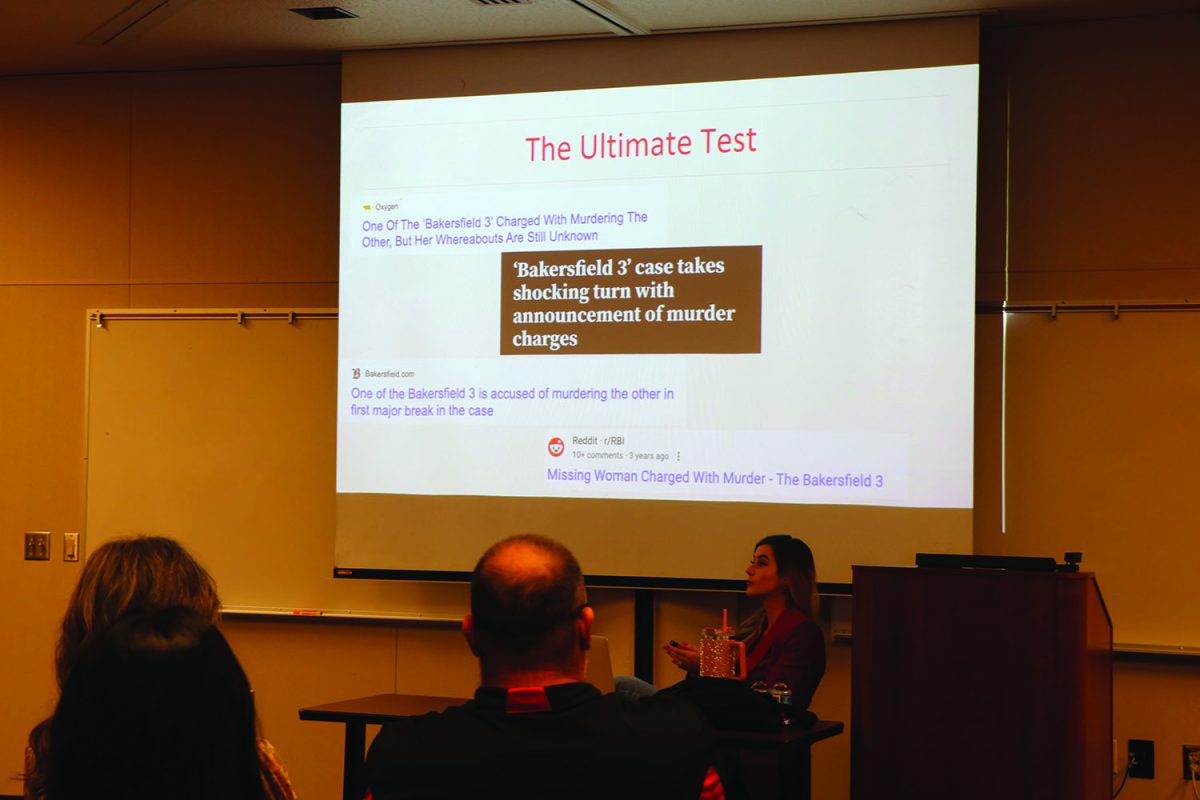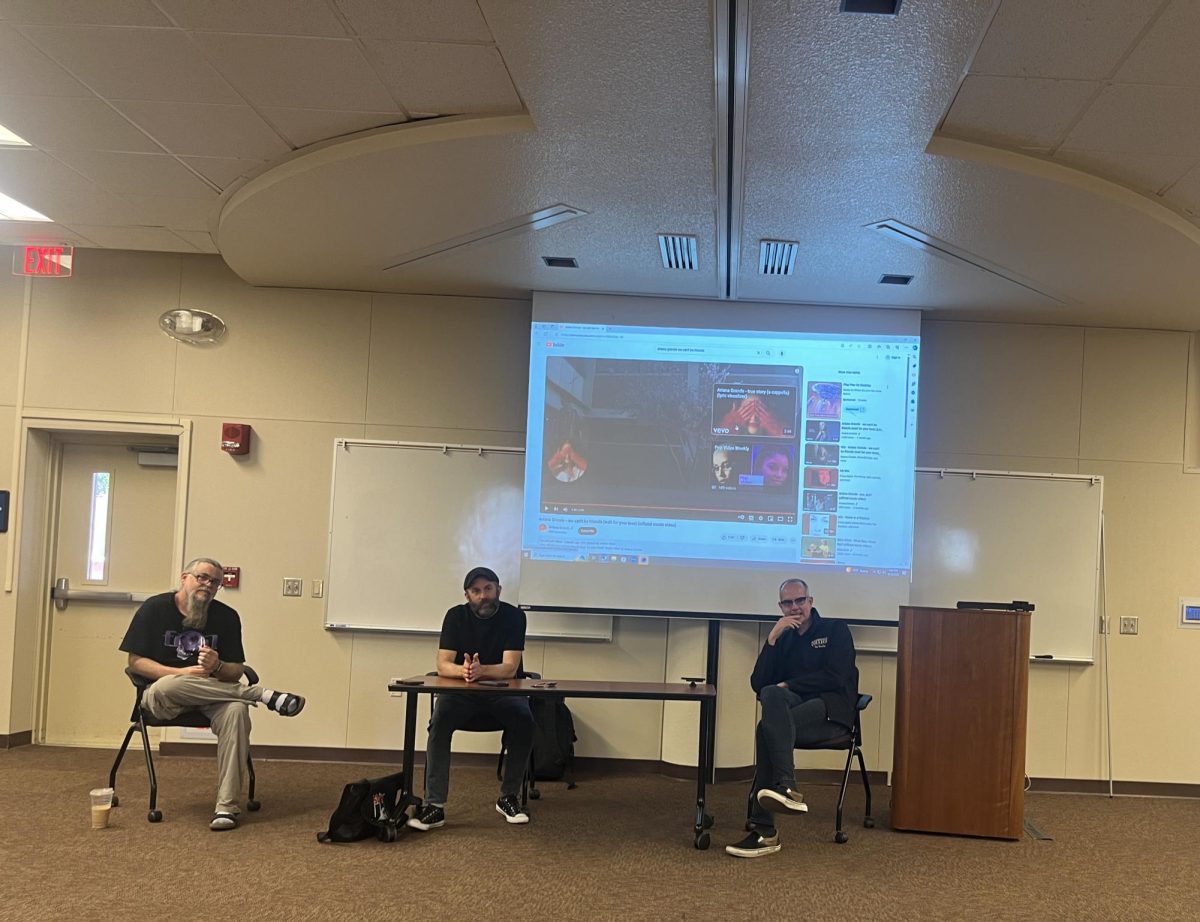Column: Athlete pay is not too high
E9: What you wouldn’t believe about sports.

Sam L. Jaime
September 7, 2016
I can’t help but laugh when I realize that the average Minor League Baseball player’s salary is less than I qualify for in financial aid per semester. I laugh, not at the misfortune of the ballplayer struggling to make ends meet (believe me, it is a real issue amongst both minor and major leaguers), but rather, the audacity of anyone who claims athletes make too much.
For every billboard-plastered, Wheaties-chomping athlete basking in millions upon millions of dollars, there is a far greater amount of athletes that will make considerably less than a fast-food employee over the course of their career. A professional athlete’s career, regardless of the sport, lasts an average of 4.85 years. By the time most of us have graduated with a degree, a bevy of promising athletes will be forced into retirement.
Believe me, I would love to have been able to retire in my early-to-mid twenties, but that’s not the reality. The reality is, while major sports corporations rake in upwards of $12 billion dollars annually, the players only receive a fraction of this spread out over many years, and frequently without contract guarantees. So, generally speaking, if an athlete were to end up in that range of averages mentioned before, they would end up making considerably less than that eye-popping figure that incites that pang of jealousy in your gut.
If you want to be even more blatant, take the NCAA, where despite the efforts of lawsuits, student athletes do not receive any compensation for their play while TV networks, the NCAA, and even the schools themselves make an insane amount of money by finding willing athletes and pointing a camera at them. This reality should be alarming to would-be athletes, and potential superstars alike.
“You will never be paid equally to the money which can be made from your efforts.” Remember that as long as you can, because it applies universally. It’s an absolute insult to the reality of career length to pay a notoriously paltry salary for most of an athlete’s career. Take Major League Baseball, for instance. In order for players to even be eligible to test the market and truly explore their value as the league might see it, a player must remain in the minor leagues for a minimum of six years of service time, nearly a full year and some change longer than most players’ average expiration date.
So next time you see a player sign one of those unimaginable deals that usually ranges in the hundreds of millions and seem to last the better part of the century, remember that someone else is planning on making at least double that. Also, remember, there are something in the neighborhood of 150 minor league baseball organizations filled with average people like you and I that will never know what that million-dollar paycheck feels like. Those who will relish in that feeling not only earned it, but are actually owed at least a few more million on top of that.










